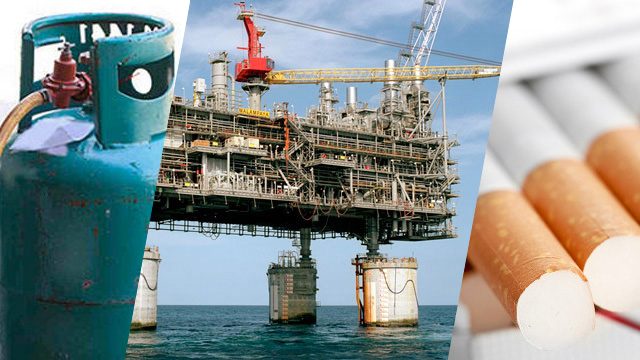SUMMARY
This is AI generated summarization, which may have errors. For context, always refer to the full article.

MANILA, Philippines – The economy kicked off the year with inflation higher than at any point last year despite food prices dropping overall, according to the National Economic and Development Authority (NEDA).
Data released by NEDA on Tuesday, February 7, showed that inflation for January 2017 hit 2.7%, a slight increase from the 2.6% recorded in December 2016. December also saw the fastest price increases recorded last year.
NEDA attributed the increase in overall inflation to higher oil prices, pending petitions for higher electricity rates and transport fares, and the continued strong domestic demand.
These factors, it said, all contributed to jumps in non-food items, particularly housing, electricity, and gas and other fuels which cumulatively rose by 1.8% in January compared to just 1.3% in December.
“The faster spike in transport and gas and other fuels’ costs can be traced to the increase in petroleum prices as the oil market rebalances after the recent decision of the Organization of the Petroleum Exporting Countries (OPEC) to cut oil production by 1.2 million barrels per day,” said Socioeconomic Planning Secretary Ernesto Pernia in a statement.
Slowdown in food inflation
In contrast, overall inflation in food prices slowed in January, hitting 3.4% from December’s 3.6% due to slower price adjustments in fruits, vegetables, meat, corn, sugar, jam, honey, chocolate, and confectionery.
NEDA noted, however, that faster increases were seen in the food staple rice, which rose to 1.8% in January from 1.6% in December. Besides rice, higher price hikes were also recorded for fish, and oils and fats.
“The damage by typhoons Karen and Lando may have contributed to the lower supply of rice, which slightly raised rice prices. In some areas like Cagayan Valley and Central Visayas, the planting calendar was delayed, which resulted in lower production in the 4th quarter,” Pernia explained.
NEDA warned that price pressures present through the beginning of the year include the shift to a unitary excise rate for cigarettes effective January, through the Sin Tax Reform Law which will raise the purchase price of cigarette packs.
Another issue is the 20-day maintenance shutdown of the Malampaya gas project that started last month, which NEDA noted may lead to an increase in the generation charge starting March.
But Pernia remains confident that inflation will remain stable, adding that “despite upside risks and pressures, the government expects inflation to be stable and remain consistent with the target of 2.0 to 4.0%.”
NEDA also pointed out that compared to ASEAN neighbors, the Philippines’ inflation rate in January was lower than Indonesia’s 3.5% but higher than Thailand’s 1.6%. – Rappler.com
Add a comment
How does this make you feel?
There are no comments yet. Add your comment to start the conversation.